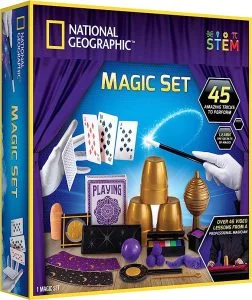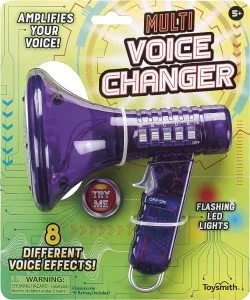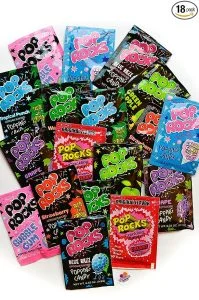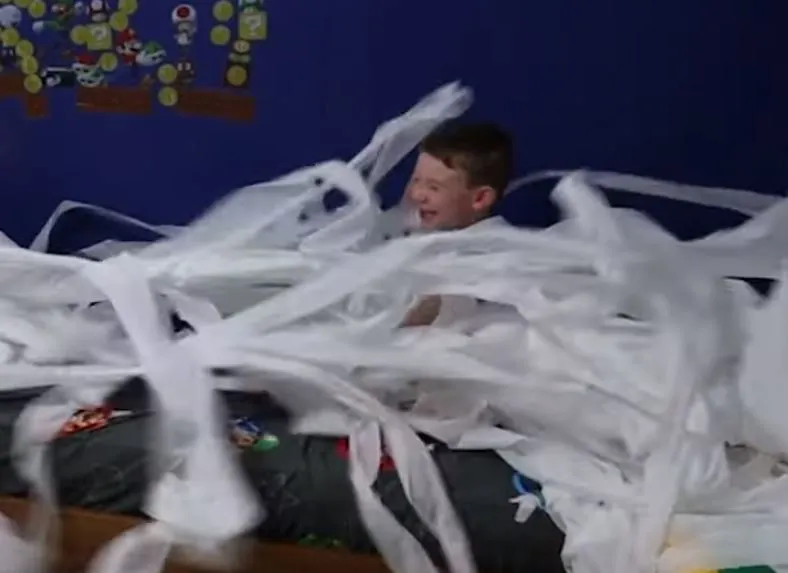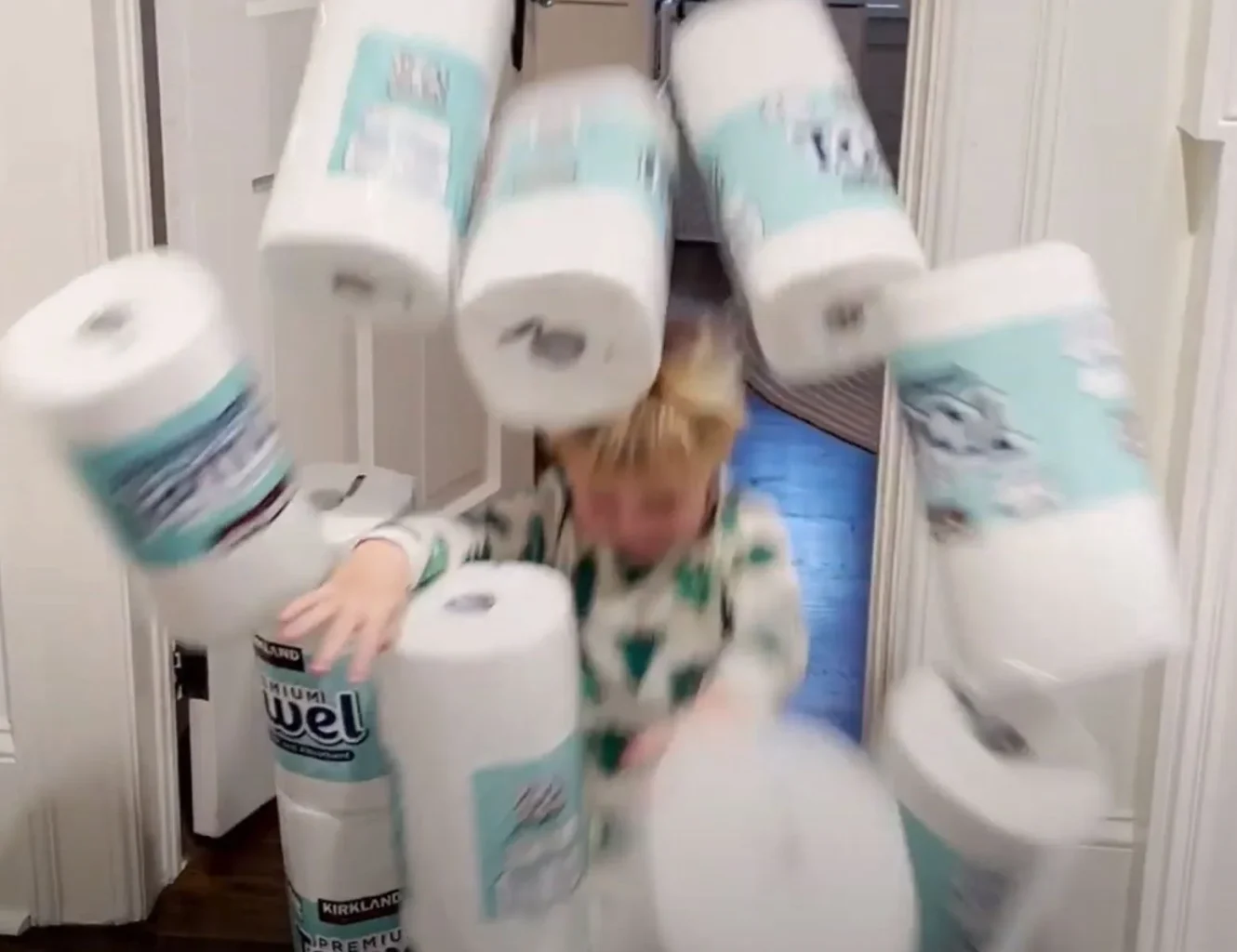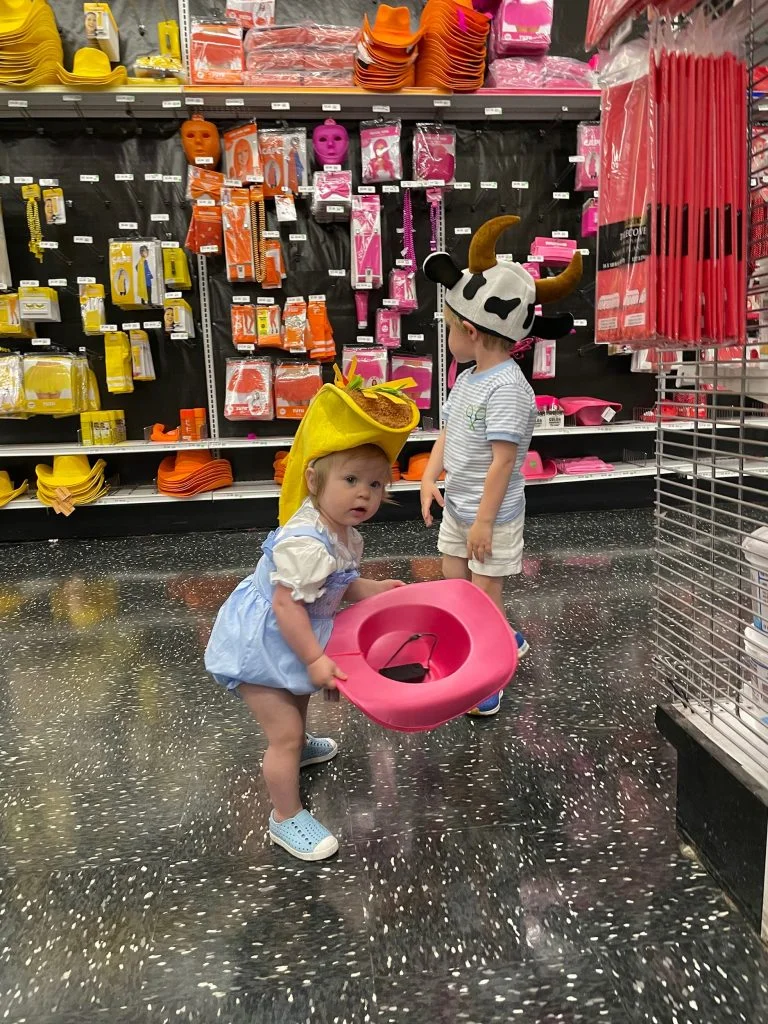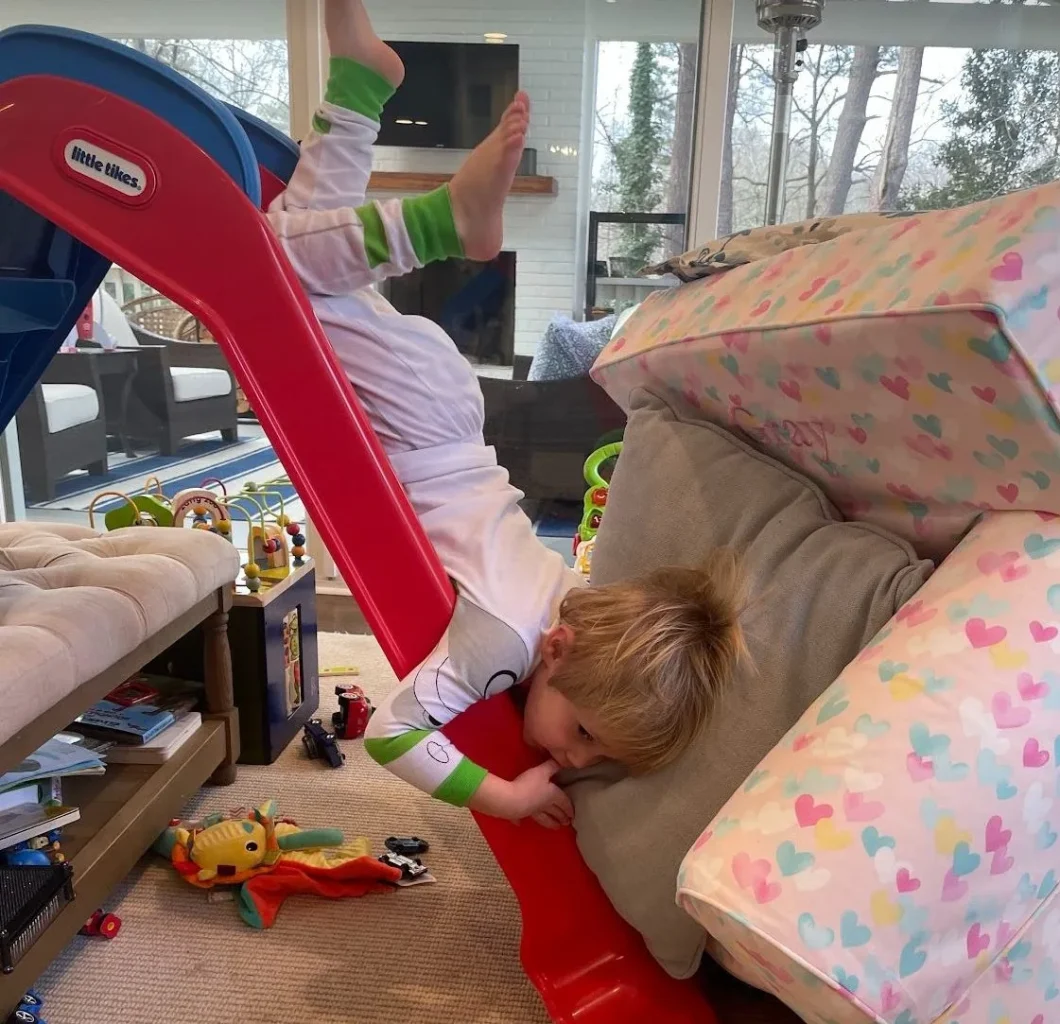
Start A Prank War
Having a friendly prank war with your kids can offer a surprising number of benefits, both for them and for the family dynamic. Here are some key values to consider:
Fun and Laughter:
- Let’s face it, pranks create shared laughter and lighthearted fun. This shared experience strengthens bonds and builds positive memories that everyone can look back on and chuckle about.
- Laughter itself brings numerous benefits, reducing stress, boosting mood, and promoting overall well-being.
Creativity and Resourcefulness:
- Planning and executing a good prank requires imagination, problem-solving skills, and resourcefulness. Kids have to think outside the box, improvise, and adapt to overcome challenges.
- This fosters ingenuity and critical thinking skills that translate well into academic and social situations.
Sportsmanship and Good Humor:
- Friendly pranks require setting boundaries and understanding what’s acceptable. Kids learn to navigate lighthearted teasing without taking things personally, building resilience and good humor.
- They also learn to accept defeat gracefully and celebrate the prankster’s creativity, fostering sportsmanship and healthy competition.
Communication and Bonding:
- Planning and executing pranks often involve teamwork and collaboration. This strengthens communication skills and encourages trust within the family unit.
- The shared experience creates a sense of togetherness and belonging, reinforcing family bonds and fostering a more positive and open family dynamic.
Building Confidence:
- Successfully pulling off a clever prank can be a confidence booster for kids. It shows them their ability to plan, execute, and achieve a goal, even if it’s mischievous.
- This sense of accomplishment spills over into other areas of their lives, encouraging them to take risks and try new things.
Important Reminders:
- Keep it lighthearted and respectful: Ensure pranks are never hurtful, embarrassing, or cause damage. Set clear boundaries and ensure pranks stay good-natured.
- Age-appropriate humor: Tailor pranks to your child’s age and maturity level. What’s funny for a teenager might be scary for a younger child.
- Open communication: Encourage open communication and allow your kids to express any concerns or discomfort with specific pranks.
- Be prepared to be pranked back! Remember, it’s a two-way street. Be a good sport and enjoy the playful competition.
RELATED products
KNOWLEDGE
View All-
Dad Jokes
70 Of Our Favorite Dad Jokes: I told my wife she should embrace her mistakes. She gave me a hug. What do you call a daddy balloon that disappears? Pops! Why did the scarecrow win an award? Because he was...
Dad Gear
View All-
Dissolving Swimsuit Prank
I mean... amazing. Not for the self-conscious.
-
Flaming Wallet
For the dad blessed with daughters.
-
Dad Jokes Book
Amp up your arsenal.
-
Whoop Ass Can
The whoop ass can... a subtle reminder to behave or else daddy will tell stories of what his father would have done in this situation. #breakthecycle
-
Dog Repellent Sprinklers
Prank your kids when they get home from school, protect your garden from deer, or just have fun with people who want to let their dog tinkle on your fresh cut lawn.
Toys & Gifts
View All-
Best Beginner Magic Set
Magic is science. Great gift for determined deep thinkers.
-
Voice Changer
A fun stocking stuffer.
-
Pop Rocks
The look on their face when they try this for the first time! Also a good performance enhancer for soccer games scheduled at nap time.
-
Jokes for Kids Book
Give your child the gift of humor.













